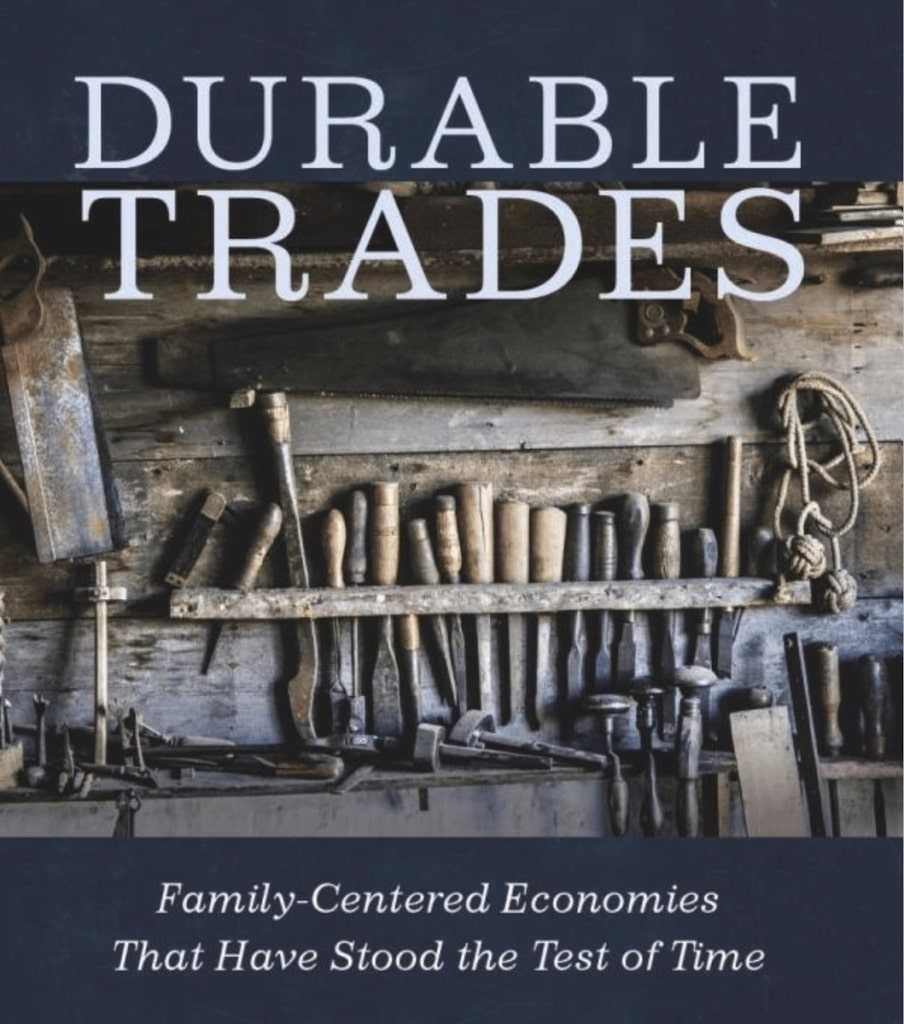Before Rory Groves moved to rural Minnesota to start a family farm, he worked in the tech industry as a computer programmer and software engineer.
“I’ve always been in computer programming. I’ve been a software engineer my whole career starting about 20 years ago,” Groves said. “I had started of a software business and did software consulting and things like that for other corporations over the last couple of decades … That was my bread and butter.”
But after 20 years in the business, he realized that what he was creating was fleeting, destined to become obsolete within a few years.
“I wasn’t really building anything that I could pass on to my kids,” he said. “Any skills that I’d learned would certainly be obsolete by the time they could use them in the world. I didn’t want to just pursue a paycheck. I wanted to find a way to make a living and a life that would involve my family.”
So he picked up his family and moved to a farm in rural Minnesota. There, he and his family began to work together — from collecting the sap from their maple trees to gathering eggs to mending fences. The experience led him to re-think what was important in life and to look into family-centered trades that re-imagine work-life balance.

As millions of Americans are re-evaluating their priorities for work and family, Groves thinks rural communities could benefit from supporting family-centered trades.
In his book, “Durable Trades: Family-Centered Economies That Have Stood the Test of Time,” Groves looks at 61 family-centered trades, white and blue-collar, that provide an alternative path to traditional work. His broad categories of work include things like raising livestock (“shepherding”), farming, midwifery, carpentry, painting, cooking, and other hands-on activities like inn-keeping and brewing.
Groves said that while families working together was once commonplace, since the Industrial Revolution, work has separated families – dividing parents from each other, kids from their parents, and the family from the home. And, he said, years of community expectations have further driven kids away from small towns and into big cities.
“For the last 50 or 60 years, the orientation has been towards sending kids to get a degree in some kind of specialty or specialized skill that most of the time the jobs for can only be found in the city where there’s a large population,” he said.
“How we’ve arranged things for a long time, in our societies, to really push kids away. We haven’t been raising, by and large, our children to take over operations that are local.”
With family-centered trades, parents are able to give their children not just a way to earn a living, but a reason to stay in a community.
“You know, where the money is (in cities), the paychecks are easier to see and easy to compare,” Groves said. “But it’s hard to compare social capital and relational capital. That’s what you have to have though when you want to have a strong local economy. One of the things my wife and I recognized early on is that we want our kids to stick around.”
Groves said that by keeping their kids nearby and part of the community, it strengthens both their family and community. As generations raise their families in the same location, it builds up the community, he said.
“I think it really does start with a mental shift on behalf of the parents to value the local economy where they’re located and then to raise their kids with those values,” he said. “We raise our children so that we don’t have faith in just sending them off to go find a higher-paying job, wherever that happens to be. We can say, ‘Hey, there’s more to life than just a check.’”
As the Covid-19 pandemic continues, more people are re-evaluating what work means to them. Environmentally conscious millennials and tech-weary Gen Xers are looking to ditch the idea of city living and head to a simpler, cleaner and more sustainable lifestyle. More young people are looking for alternatives to college debt and a corporate career, he said.
This time is an opportunity, Groves said, for rural communities to support durable trades and family-centered trades through better tax policy and incentives.
Those include tax incentives for smaller farms, he said. While large farms may get tax breaks from a community or a state to bring jobs to the area, smaller family farms just starting out won’t get those tax incentives.
Qualifying as an agribusiness would help too, he said. While his farm is not recognized as an agribusiness, it does produce significant amounts of produce and serves as an agricultural events location.
“We’re not a factory farm, but we are intensively using all of this property and it would be nice to be able to qualify for some of those agricultural exemptions on a smaller scale,” he said. “Anything communities can do at the policy level to attract families with small farms would bring those families into the community to stay.”
Grove said there is more interest in small acreage farms now than there has been in the last 50 years. Attracting younger families to an area, he said, would build up a community with children who are more likely to stay.
“If you can get those younger families that are raising children out here, that’s going to be multi-generational returns on that kind of an investment,” he said.






